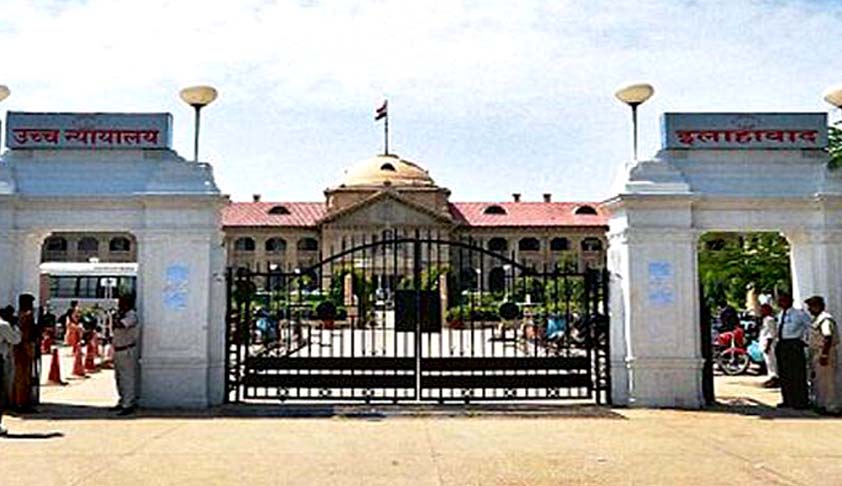
A INTRODUCTION
- The object of Section 197 Cr.P.C is to save public servants from frivolous prosecution. The Section gives qualified protection and does not apply to all public servants and to all offences (vide Afzalur Rahman v. King Emperor AIR 1943 FC 18).
- Prosecution launched without a valid sanction is a nullity (Basdeo Agarwalla V. Emperor AIR 1945 FC 16 approved in Yusofalli Mulla Noorbhoy V. King AIR 1949 PC 264).
- Trial without sanction amounts to trial without jurisdiction. (R.S. Nayak v. A.R.Antulay (1984) 2 SCC 183 = AIR 1984 SC 684 - 5 Judges).
B SECTION 197 Cr.P.C. AND SECTION 19 P.C. ACT,1988 COMPARED
- The following is a comparative table showing Section 197 Cr.P.C and Section 19 of the P.C. Act, 1988 :-


For distinction between the two Sections, refer to Para 22 below.
C THE MEANING OF REMOVABLE FROM OFFICE BY OR WITH THE SANCTION OF THE GOVERNMENT
- If as per the Rules and Regulations governing the Government servant, a lower officer of the Government has been invested with the power to appoint or dismiss such Government servant, then it cannot be said that such Government Servant is removable by or with the sanction of the Government so as to necessitate a prosecution sanction under Section 197 Cr.P.C. Section 197 Cr.P.C. does not contemplate prosecution sanction by a delegated authority competent to remove the Government servant from office. When some lower authority is by law, or rule or order, empowered to remove a public servant from office, then such public servant cannot be said to be one removable by or with the sanction of the Government so as to necessitate prosecution sanction under section 197 Cr.P.C or section 19 of P.C. Act, 1988. (Vide Nirendra Natha Sarkar v. State of Assam (1985 Crl.L.J. NOC 21 (Gauhati); Sakuntala Bai v. Venkata Krishna Reddy - 1952 Crl.L.J.1295 (Madras); Pichai Pillai v. Balasundara Mudaly - AIR 1935 Madras 442; Afzalur Rahman and Others v. Emperor - AIR 1943 FC 18 ; Sant Kumar v. State of Punjab - 2003 Crl.L.J. 2949).
Thus, an inspector of police or a sub-inspector of police or a police constable, if removable by the Inspector General of Police or by the Superintendent of Police, cannot be said to be removable by or with the sanction of the Government and hence no prosecution sanction under Section 197 Cr.P.C is necessary. (vide Nagraj v. State of Mysore AIR 1964 SC 269=1964(1) Cr.L.J 161; Fakhruzamma v. State of Jharkhand (2013) 15 SCC 552; Harikumar B v. Suresh @ Karupooru Suresh and Another 2014 (2) KLT 1028.) Where an officer is removable by the Railway Board, no sanction is necessary since the Board is neither the Central or State Government. (vide K.N. Shukla v. Navnit Lal Manilal Bhatt AIR 1967 SC 1331=1967 Cr.L.J. 1200-5 Judges). The decision of the Federal Court in Afzalur Rahman’s case (supra) was approved and followed in this decision.
D “PUBLIC SERVANT” UNDER THE SECTION 197 Cr.P.C AND SECTION 19 OF P.C. ACT
- DEFINITION OF PUBLIC SERVANT




- Explaining and distinguishing the decision in State of Maharashtra v. Laljith Rajshi Shah (2002) 2 SCC 699, the Apex Court held that the definition of “public servant” in Section 21 IPC is of no relevance under the P.C Act, 1988. (vide State of Maharashtra v. Prabhakarrrao (2002) 7 SCC 636). But Section 2 of the Prevention of Corruption Act, 1947 had adopted the definition of “Public Servant” in Section 21 of the Indian Penal Code. In order to curb effectively bribery and corruption not only in government establishments and departments but also in other semi-governmental authorities and bodies and their departments where the employees are entrusted with public duty, a comprehensive definition of “public servant” has been given in clause (c) of Section 2 of the 1988 Act. When the legislature has used such a comprehensive definition of “public servant” to achieve the purpose of punishing and curbing the growing corruption in government and semi-government departments, it would be appropriate not to limit the contents of the definition clause by a construction which would be against the spirit of the statute. The definition of “public servant”, therefore, deserved a wide construction. Hence, in construing the definition of “public servant” in clause (c) of Section 2 of the 1988 Act, the Court is required to adopt a purposive approach as would give effect to the intention of the legislature. In that view, the Statement of Objects and Reasons contained in the Bill leading to the passing of the Act can be taken assistance of. It gives the background in which the legislation was enacted. (vide Para’s 11 and 12 of Govt of A.P v. P. Venku Reddy (2002) 7 SCC 631= AIR 2002 SC 3346; State of M.P v. Shri. Ram Singh (2000) 5 SCC 88).
Justice V.Ramkumar is a Former Judge, High Court of Kerala.
The opinions expressed in this article are the personal opinions of the author. The facts and opinions appearing in the article do not reflect the views of LiveLaw and LiveLaw does not assume any responsibility or liability for the same.
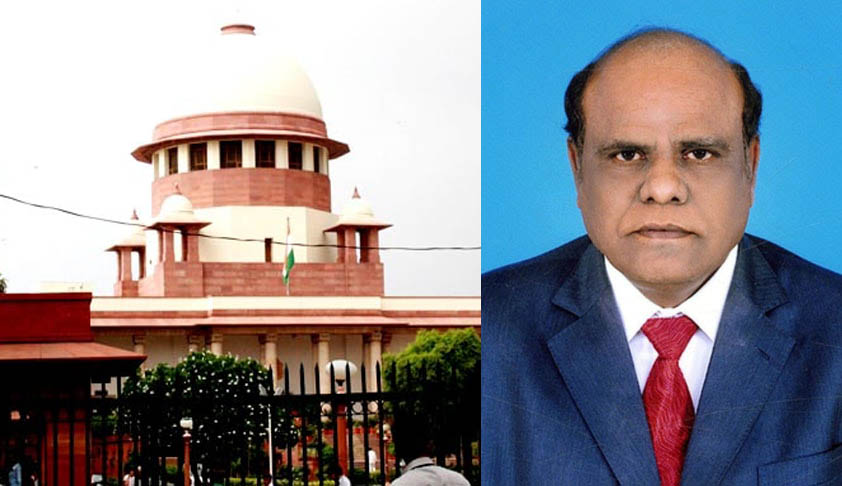
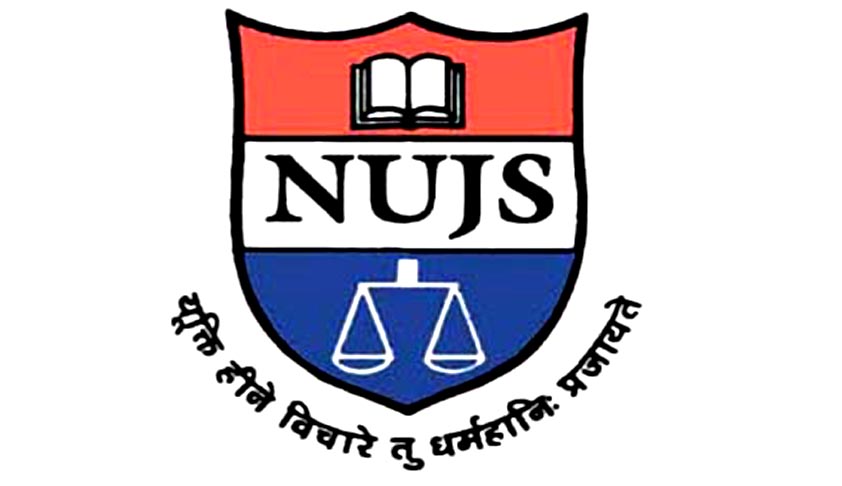
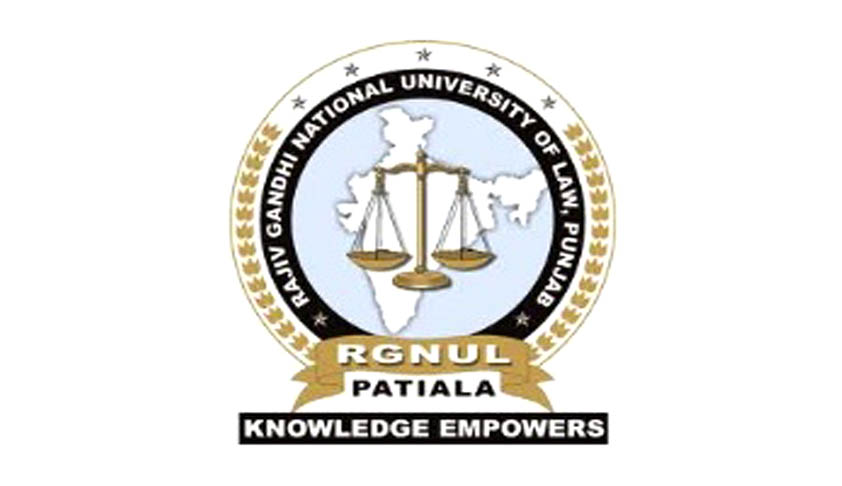



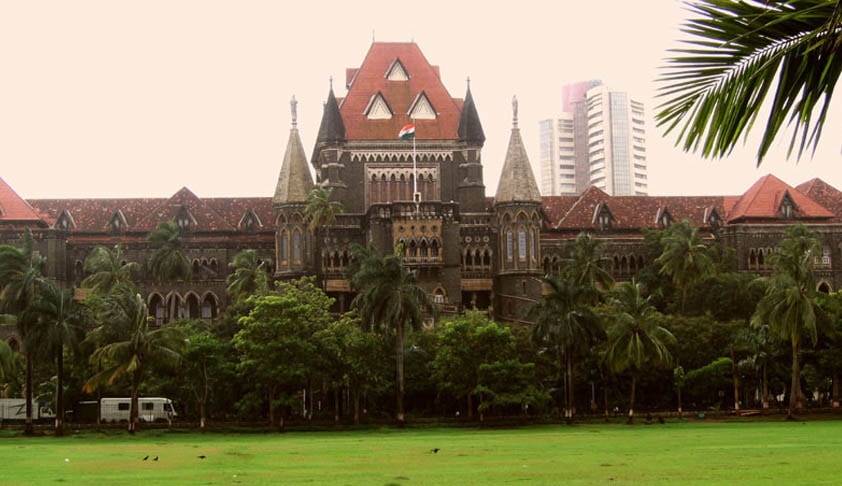
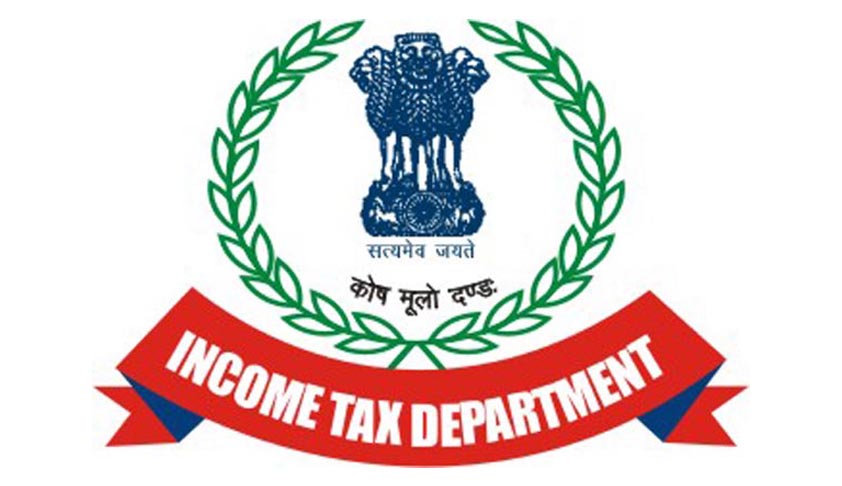
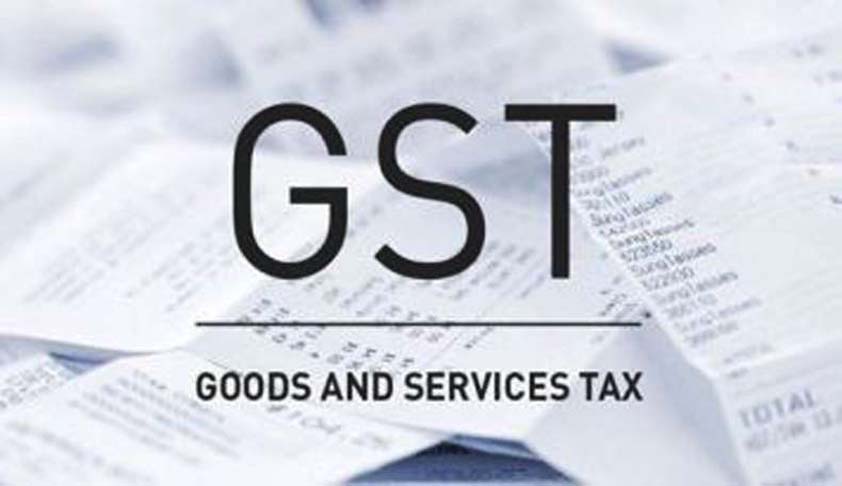
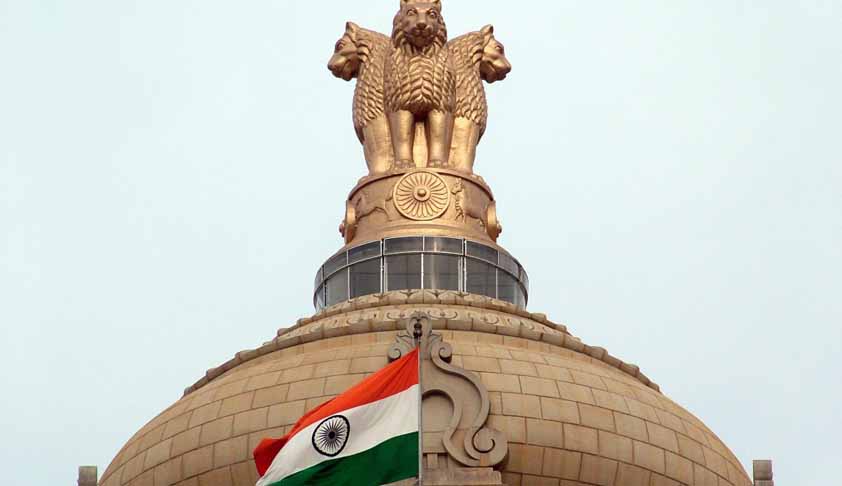
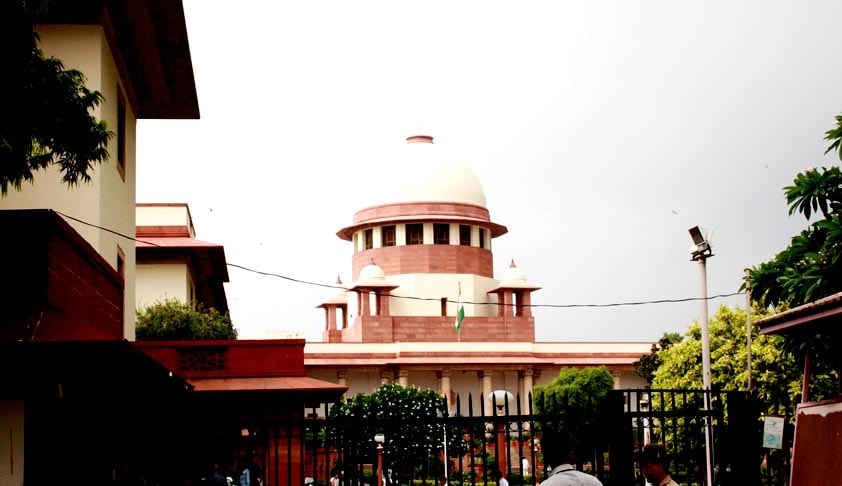
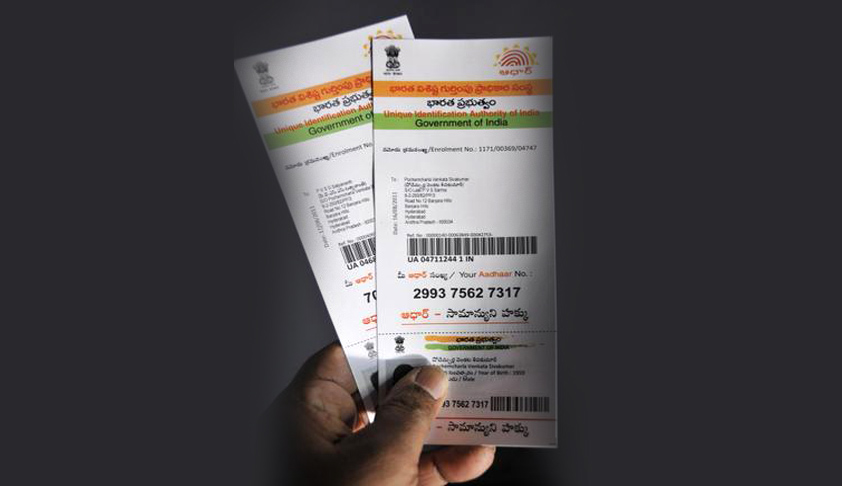
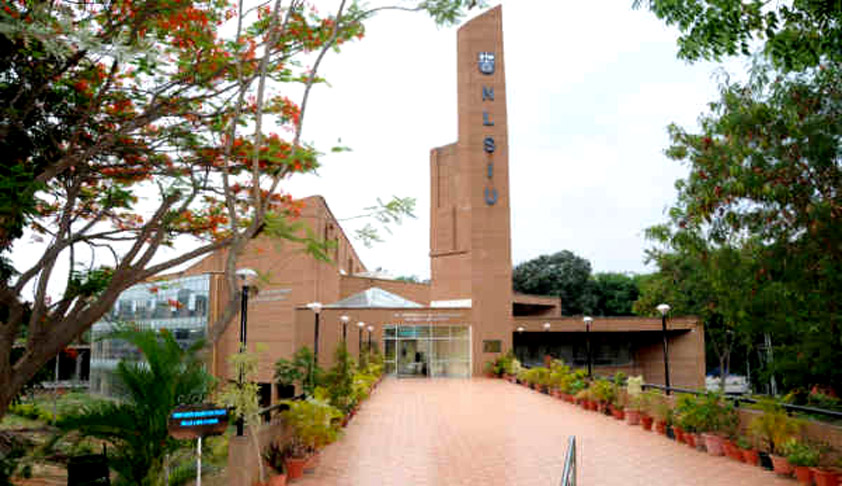

 G.R.Raghavender is Joint Secretary in Department of Justice, Ministry of Law & Justice. A copyright law expert and chief negotiator for India in negotiations leading to the Beijing Treaty, 2012 and the Marrakesh Treaty, 2013. The views expressed by the author in this article are personal.
G.R.Raghavender is Joint Secretary in Department of Justice, Ministry of Law & Justice. A copyright law expert and chief negotiator for India in negotiations leading to the Beijing Treaty, 2012 and the Marrakesh Treaty, 2013. The views expressed by the author in this article are personal.


